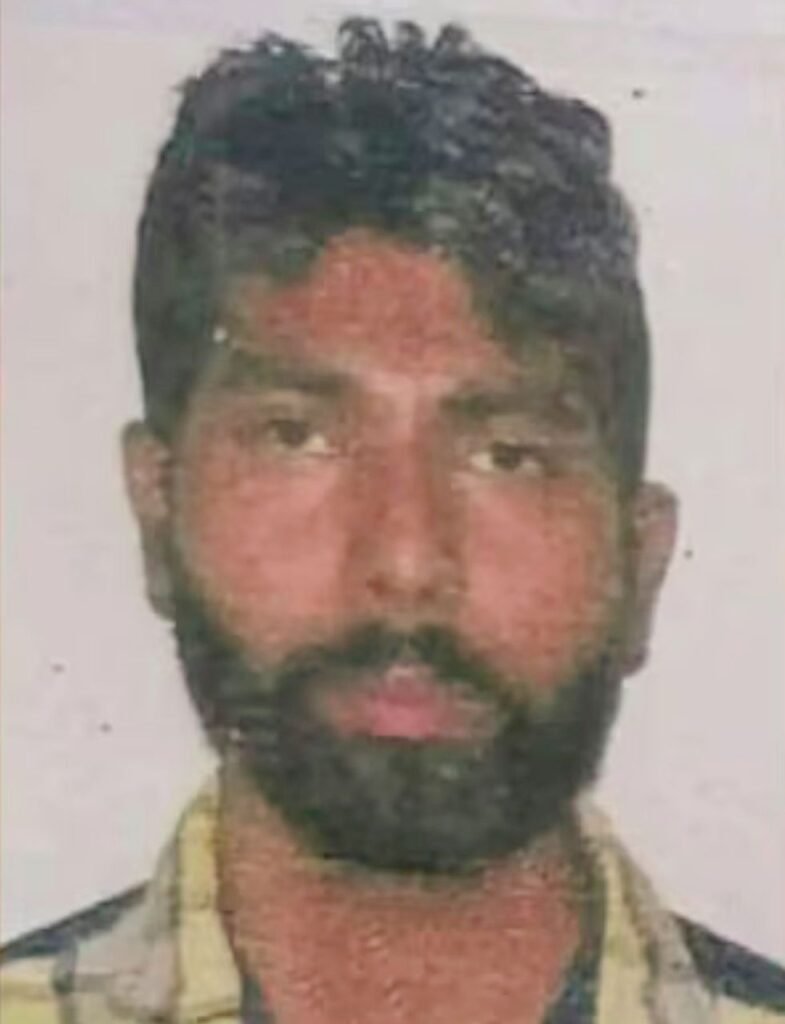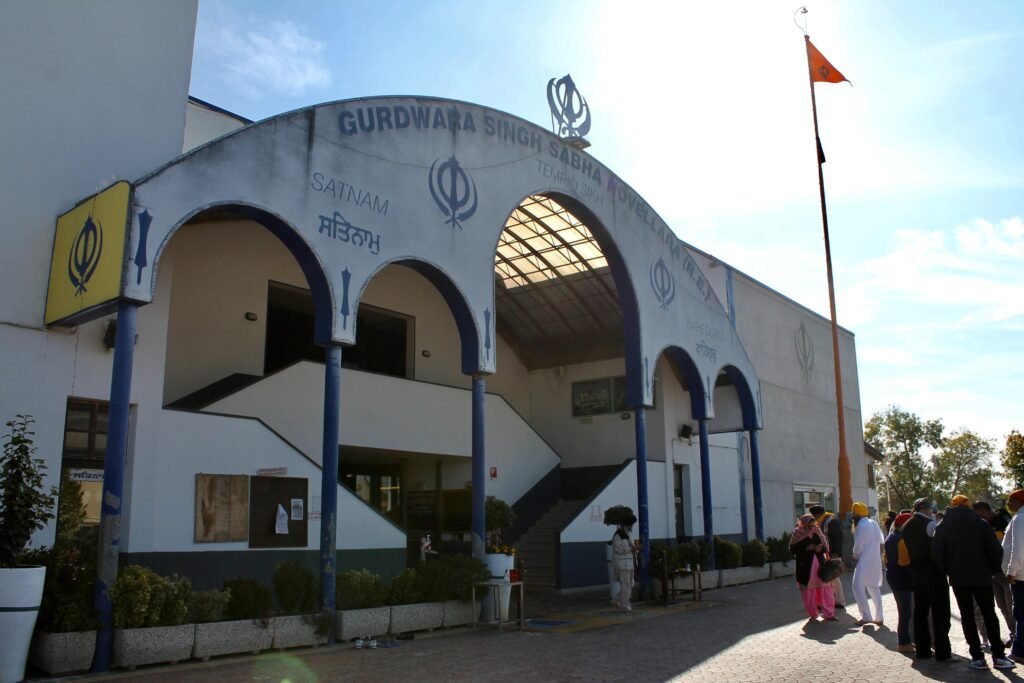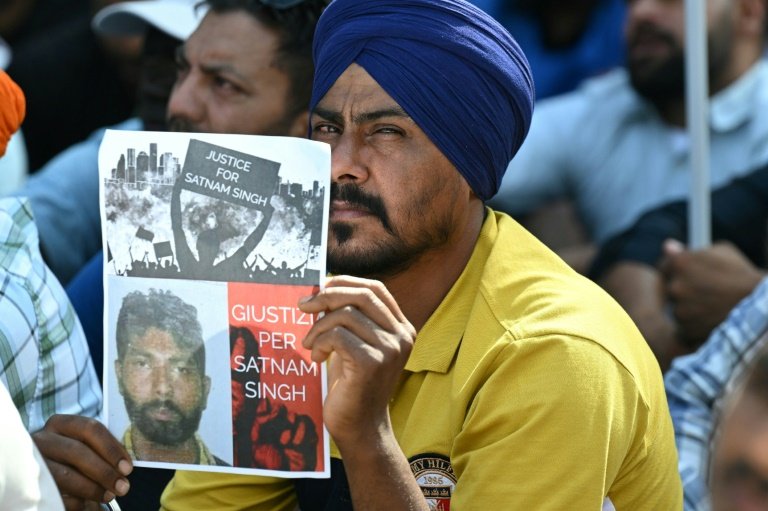The brutal exploitation of farmworkers in Italy has come into sharp focus following the horrific death of Satnam Singh, a 31-year-old labourer from India who lost his arm in a farm accident and was allegedly abandoned by his employer, left to die on the roadside. This tragedy highlights the severe exploitation and abuse that many workers face on Italian farms, driven by loopholes in immigration and labor laws that allow criminal gangmasters to thrive.
Laura Hardeep Kaur, a trade unionist, received a shocking photo of a severed arm placed in a fruit crate via WhatsApp. Horrified, she rushed to Castelverde, a hamlet near Rome, where she found medics trying to stabilize Satnam, who had lost his right arm and sustained severe leg injuries. Instead of being taken to the hospital, Satnam was allegedly left on the street by his employer, Antonello Lovato, who fled the scene. Satnam was eventually airlifted to a hospital in Rome but died two days later. Medics believe he could have survived if he had received immediate medical attention. Lovato has since been arrested on murder charges.
Kaur, the general secretary of the Frosinone-Latina branch of the agriculture workers’ union Flai-Cgil, described Satnam’s abandonment as treating him like a commodity, noting that while she had encountered many tragic cases among farm laborers, including beatings and suicides, Satnam’s case was particularly cruel.

Satnam’s death underscores the rampant exploitation of workers on Italian farms, facilitated by the criminal system known as “caporalato,” a network of gangmasters that illegally recruits laborers, often without formal employment contracts. The Cgil, Italy’s largest trade union, estimates that over a quarter of agricultural workers lack formal contracts, with many being foreigners from Africa, Eastern Europe, and predominantly Indian Sikhs in recent years.
The exploitation is exacerbated by the decreto flussi, an Italian law setting yearly quotas for non-European workers, which gangmasters exploit by charging laborers thousands of euros for jobs that often do not exist. Without residence permits, these workers become “illegal” under the Bossi-Fini law of 2002, risking deportation. Even those with legal documents face exploitation, earning as little as €5 an hour for grueling work under harsh conditions.
Baljinder Singh, a 28-year-old laborer, paid an intermediary €4,000 to come to Italy and is waiting for his residence permit renewal. He described the poor treatment by some farm owners, including delayed payments and lack of breaks. His friends Marvinder and Palwinder paid €12,000 and €13,000, respectively, for the chance to work in Italy, only to find themselves in awful working and living conditions.
Since Satnam’s death, farm owners in Latina have only been employing workers with official documents, leaving many laborers, like Baljinder and his friends, without work and dependent on the Sikh temple in Cisterna di Latina for food and shelter. Satnam’s funeral has been delayed as Italy arranges visas for his relatives.
The caporalato system is not confined to agriculture; police in Verona recently freed dozens of Indian workers from slavery and arrested two Indian gangmasters with €500,000. This criminal system pervades other sectors as well.

Italian Prime Minister Giorgia Meloni condemned Satnam’s death as “atrocious,” promising to combat the gangmaster system. However, Marco Omizzolo, a sociology professor who researched farm exploitation, argued that Satnam’s case is not an exception but part of a long-standing, organized system involving criminal and economic interests across Italy. Omizzolo criticized the government for not addressing the issue seriously, pointing to continuous human rights violations from north to south.
Satnam Singh’s death is a stark reminder of the urgent need for reform in Italy’s agricultural sector and immigration policies to protect vulnerable workers from exploitation and abuse.





















